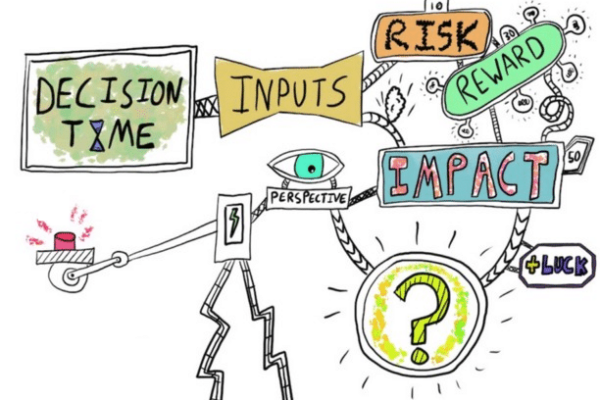There are many reasons why groups from all kinds of organizations need to come together, such as for strategic planning, program planning, community consultations, annual general meetings, team retreats and other meetings focused on group relationship-building and collaboration. While it may be tempting for groups to use their own people as meeting facilitators, many of us know that a professional external facilitator can support a group to work more effectively in ways that someone from the team cannot do. There are several reasons why an organization should hire a facilitator however, we’ve outlined five reasons why a facilitator from outside the organization should be an essential part of your group event!
1. Facilitators foster full engagement and ensure full participation
If you are in a leadership position, it is difficult to lead a team and facilitate a conversation at the same time.
Before the meeting, organizing and designing an effective meeting that gets results can put on an extra cognitive load that can take away from the day to day activities.
During the meeting, if you are busy facilitating the meeting, you cannot listen to what others are saying and fully be present in the conversation. Having a facilitator will allow better conversations and better participation from everyone.

Finally, you might find it difficult to conduct an engaging session. Group engagement does not just happen when you throw a group of people in the room. Professional facilitators know how to craft a group event so that people are engaged right from when they walk in the door.
Facilitators know how to design sessions so that everyone’s voices are heard, and group’s energy levels are maintained.
2. Facilitators have a specialized process.
Facilitators know how to design a purposeful and intentional agenda that moves people through activities towards the group’s desired outcomes.
Facilitators have a structured, collaborative process (a combination of experience, best practices, and management science) designed to get buy-in and agreement. We work with your organization to incorporate all aspects of business strategy so that your team can be on the same page.
3. Facilitators can ask the right questions to get to the heart of the issues.
Often, it is easier for an external facilitator to ask the hard questions that a group needs to discuss or address or bring up the so-called elephant in the room. Facilitators are trained in building trust with and among the group to lay the foundation so that people feel as safe as possible to have tough conversations
Having a facilitator creates a safe space for people to ask questions that get to the root of issues without having their concerns come out as personal attacks. This way the important topics get covered to a level of satisfaction for the whole group.

Facilitators also don’t know what’s considered taboo in the culture and have no power dynamics to avoid; their job is to get all the information on the table that’s relevant to the future of the organization, and they do that by asking relevant questions, and probe more deeply if needed.
4. Facilitators are neutral to decisions.
Facilitators’ main focus is creating a powerful discussion about the present and future of the organization and to bring those issues to completion; By approaching the discussions in an objective manner, facilitators don’t have to worry about getting “their” way, or having a decision go one way or another.
5. Facilitators make sure the work gets captured.
There is nothing worse than having a meeting where great ideas are shared but nothing gets written down or done after the fact – leaving participants to wonder why they even had the meeting in the first place. A professional facilitator will plan and implement harvesting methods all throughout the meeting, so that the group’s work gets accurately captured and next steps are discussed so that participants know exactly what to do after the session is done.

Whether your reason is to make every meeting minute productive, want a neutral party guiding the discussion or need a trained facilitator guide difficult conversations, a professional facilitator will successfully motivate and mobilize groups of leaders to understand their common objectives, plan how to achieve them, and advance toward tangible, high-performance results.
